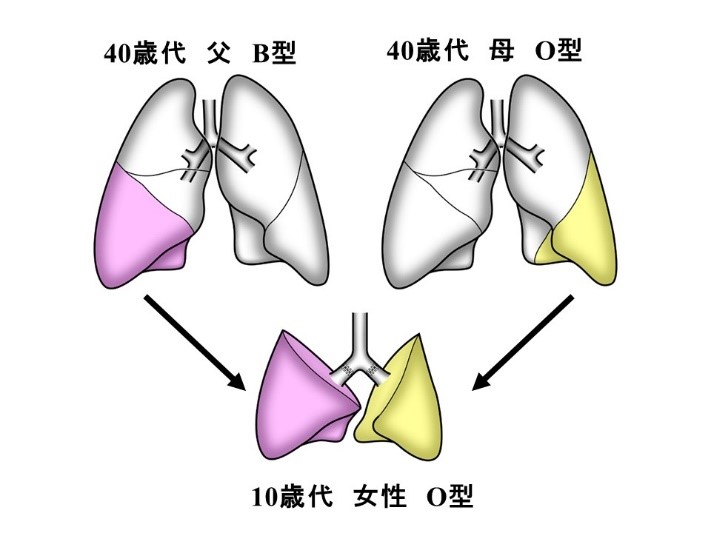2022-04-12 パデュー大学
・研究者たちは、その理由の一端を理解している。細胞は耐性につながる突然変異を起こすのです。しかし、その耐性患者の約半数は原因不明のままである。
・細胞生物学者のアンドレア・カシンスキーと彼女の研究室は、その説明の一部がエピジェネティックなものであることを突き止めた。細胞がヒストンメチル化酵素(KMT5C)を失うと、KMT5Cが抑制していた遺伝子が代わりに発現するようになり、上皮成長因子受容体阻害剤に対する耐性につながるというのだ。
・この理解は、将来の治療薬の基礎となり、研究者や医師は、がんの生物学と進行、特にエピジェネティック修飾タンパク質が薬剤耐性に果たす役割について、よく分かっていない現象をより深く理解できるようになります。
<関連情報>
- https://www.purdue.edu/newsroom/releases/2022/Q2/epigenetic-regulator-explains-why-some-lung-cancer-patients-beco
- https://aacrjournals.org/cancerres/article/doi/10.1158/0008-5472.CAN-20-0821/694241/Loss-of-KMT5C-Promotes-EGFR-Inhi
KMT5Cの欠損はLINC01510を介したMETのアップレギュレーションによりNSCLCにおけるEGFR阻害剤耐性を促進する Loss of KMT5C Promotes EGFR Inhibitor Resistance in NSCLC via LINC01510-Mediated Upregulation of MET
Arpita S. Pal;Alejandra Agredo;Nadia A. Lanman;Jihye Son;Ikjot Singh Sohal;Manvir Bains;Chennan Li;Jenna Clingerman;Kayla Gates;Andrea L. Kasinski
American Association for Cancer Research
Published:APRIL 11 2022
https://doi.org/10.1158/0008-5472.CAN-20-0821
Abstract
EGFR inhibitors (EGFRi) are standard-of-care treatments administered to patients with non–small cell lung cancer (NSCLC) that harbor EGFR alterations. However, development of resistance posttreatment remains a major challenge. Multiple mechanisms can promote survival of EGFRi-treated NSCLC cells, including secondary mutations in EGFR and activation of bypass tracks that circumvent the requirement for EGFR signaling. Nevertheless, the mechanisms involved in bypass signaling activation are understudied and require further elucidation. In this study, we identify that loss of an epigenetic factor, lysine methyltransferase 5C (KMT5C), drives resistance of NSCLC to multiple EGFRis, including erlotinib, gefitinib, afatinib, and osimertinib. KMT5C catalyzed trimethylation of histone H4 lysine 20 (H4K20), a modification required for gene repression and maintenance of heterochromatin. Loss of KMT5C led to upregulation of an oncogenic long noncoding RNA, LINC01510, that promoted transcription of the oncogene MET, a component of a major bypass mechanism involved in EGFRi resistance. These findings underscore the loss of KMT5C as a critical event in driving EGFRi resistance by promoting a LINC01510/MET axis, providing mechanistic insights that could help improve NSCLC treatment.
Significance:
Dysregulation of the epigenetic modifier KMT5C can drive MET-mediated EGFRi resistance, implicating KMT5C loss as a putative biomarker of resistance and H4K20 methylation as a potential target in EGFRi-resistant lung cancer.


